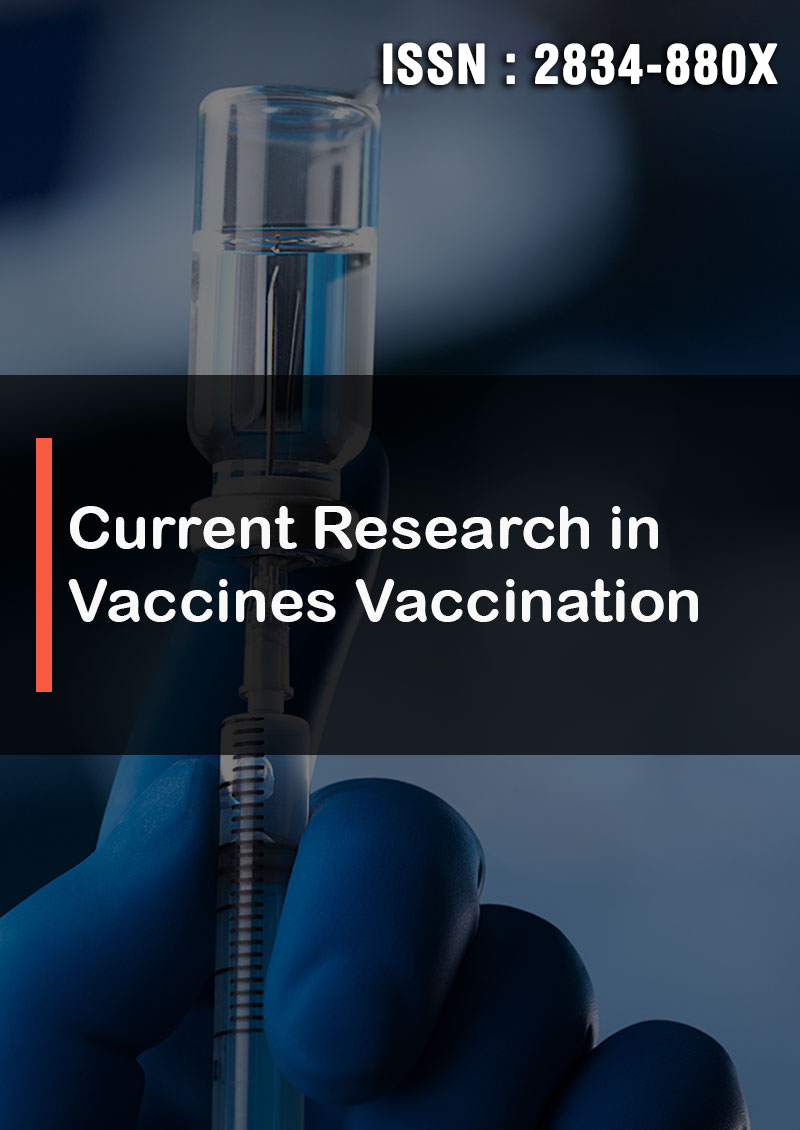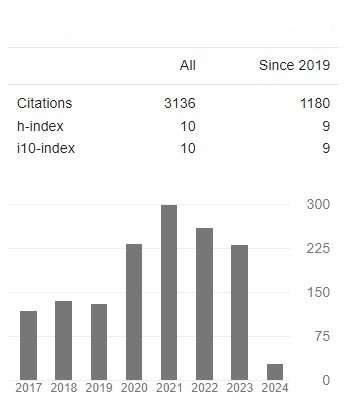The willingness of Ethiopian public transport workers to receive COVID-19 vaccine: Cross-sectional study
Abstract
Asrat Elias Ergena, Amensisa Hailu Tesfaye, Asmamaw Emagn Kasahun, Faisel Dulla Sima, Gizework Alemnew Mekonnen, Wudneh Simegn
Background In Ethiopia, the approved vaccines for Corona-Virus disease (COVID-19) are being distributed to the population by their order of risk and exposure due to the limited number of available vaccines. Public transport workers are among those who are labeled as a high-risk population and on the frontlines of getting the COVID-19 vaccination. So this study was conducted to assess the magnitude of the COVID-19 vaccine intake among public transport drivers.
Methods A community-based cross-sectional study was conducted among 384 participants in Gondar, Ethiopia from October 1, 2021 to November 15, 2021. The data was collected using self-administered questionnaires and analyzed. P-value≤0.05 in a multivariable logistic regression model was considered statistically significant.
Results Among the 384 study participants, 196 (51%) of them received the COVID-19 vaccine. Among those who were not vaccinated, 95 (50%) of the participants did not take the vaccines due to fear of the adverse effects of the vaccines. In multivariate logistic regression analysis, being affiliated with the Islamic religion, having a health professional family member or friend, and having a history of sign/symptoms of COVID-19 in the study participants were found to be associated with the vaccination status against COVID-19.
Conclusion The overall COVID-19 vaccine intake by the study participants was low. To enhance the magnitude of the vaccination of this high-risk population, governmental organizations and other stakeholders should focus on increasing awareness in order to increase the willingness of the population




